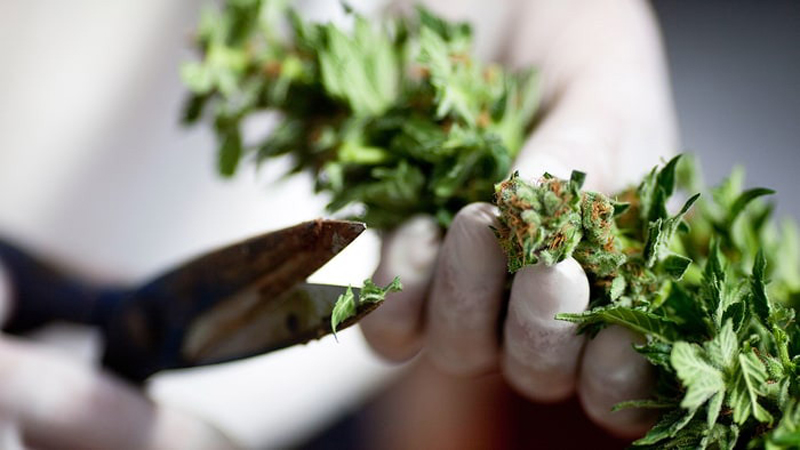-
Tips for becoming a good boxer - November 6, 2020
-
7 expert tips for making your hens night a memorable one - November 6, 2020
-
5 reasons to host your Christmas party on a cruise boat - November 6, 2020
-
What to do when you’re charged with a crime - November 6, 2020
-
Should you get one or multiple dogs? Here’s all you need to know - November 3, 2020
-
A Guide: How to Build Your Very Own Magic Mirror - February 14, 2019
-
Our Top Inspirational Baseball Stars - November 24, 2018
-
Five Tech Tools That Will Help You Turn Your Blog into a Business - November 24, 2018
-
How to Indulge on Vacation without Expanding Your Waist - November 9, 2018
-
5 Strategies for Businesses to Appeal to Today’s Increasingly Mobile-Crazed Customers - November 9, 2018
DEA right to call for more research into marijuana
Q: What does the DEA announcement mean for the future of marijuana? Heroin, peyote and marijuana, among others, are considered Schedule I drugs because they have no medical application; cocaine and opiates, for example, have medical uses and, while still illegal for recreational use, are designated Schedule II drugs. The government has repeatedly rejected appeals for reclassification.
Advertisement
Although advocates have praised the drug’s medicinal uses – notably for treating epilepsy and chronic pain – it will remain illegal at the federal level, in opposition to the 25 states and District of Columbia that have passed measures allowing it to be used medically. The government classified marijuana as a Schedule I substance in 1970 when the Controlled Substances Act came into effect. The DEA opted to keep pot listed as a Schedule I drug, which means it has no accepted medical objective and a high potential for abuse.
The decision to expand research into marijuana’s medical potential could pave the way for the drug to be moved to a lesser category.
The Obama administration’s position on marijuana started to ease in earnest in 2013 when the Justice Department notified Colorado and Washington, the first two states to legalize pot for recreational use and sales, that it would not interfere with state laws so long as the drug was kept out of the hands of children, off the black market and away from federal property. The agency said it has been reviewing scientific studies and recommendations from the Health and Human Services Department as well as the Food and Drug Administration since then and announced its final decision this week.
On Thursday, Arizona became the latest state to certify a ballot initiative to legalize recreational marijuana for its November ballot. Just this week, the Federation of State Medical Boards issued guidelines, which, in the absence of data on marijuana’s usefulness, are by necessity limited.
Some experts have argued that medical marijuana could help cut opioid use. But they have also been limited more than necessary by a DEA rule that has authorized only the University of MS to grow marijuana for research purposes.
“Research institutions are going to be somewhat hesitant if they think they will potentially jeopardize other research funding”, she said. “This decision is further evidence that the DEA doesn’t get it”, Representative Earl Blumenauer, a Democrat from OR, said according to the Post.
Smart Approaches to Marijuana, an alliance of doctors, policy makers and treatment professionals who oppose legalization, took a different view.
“I’m really not surprised”, Rocky Mountain Remedies co-owner Kevin Fisher said.
Advertisement
Britain’s GW Pharmaceuticals, which is developing a promising cannabis-derived epilepsy treatment, has said it will take longer to reach the US market even with Food and Drug Administration approval because it would then have to be separately rescheduled by the DEA.





























